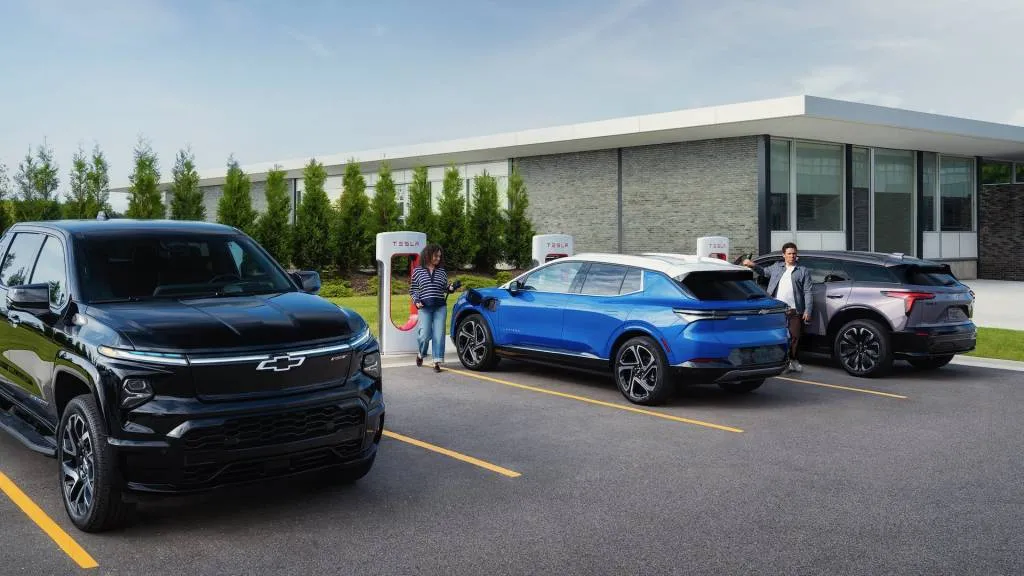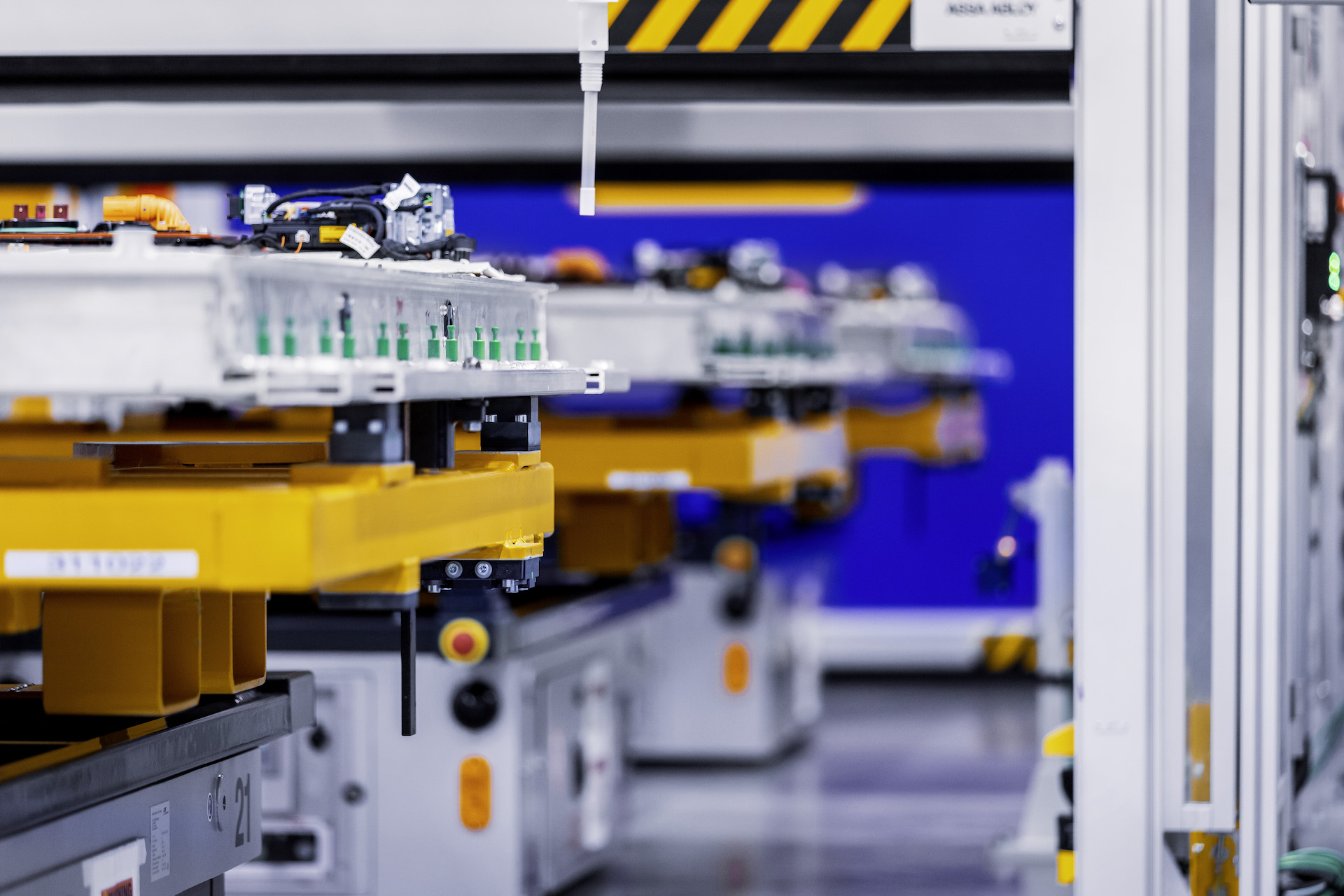- A study found the average EV battery degrades 1.8% per year
- That means EV batteries could last over 20 years, or longer than the EV itself
- Further reduction in degradation could help assure more second uses
Battery degradation can be a concern for potential electric vehicle owners, but new data indicates most batteries will outlast the EVs they’re installed in.
The data comes from the “Taking Charge” report released earlier this year by Geotab, a company that sells telematics systems and services, primarily to fleet companies. Geotab said it based its findings on data from 10,000 EVs operating in North America and Europe.
Analysis of that data showed average battery degradation of 1.8% per year, according to Geotab, which noted that batteries could last 20 years or more at that rate. Some vehicles performed even better, with estimated battery degradation of less than 1% per year.
Observed EV battery degradation (from 2024 Geotab
Both numbers are improvements from just a few years ago. In 2019, Geotab saw average annual battery degradation rate of 2.3% from its sample, although that decreased to 1.6% under ideal climate conditions and charging patterns.
The report underscores that higher EV use doesn’t mean higher degradation, but more fast-charging might. Geotab noted a correlation between greater DC fast-charging use and faster-than-average battery degradation—especially for vehicles in hotter climates. Owners are often cautioned about frequent fast charging for this reason, although 2023 analysis by battery-data firm Recurrent showed Teslas performed better in this regard.
Similarly, previous analysis from Recurrent showed that EV batteries degrade faster in hot weather, but owners can take steps to prevent that, such as parking in a garage or in the shade, as well as leaving the battery half charged in hot weather. Any degradation from hot weather is also unlikely to leave people stuck in EVs.

Chevrolet EVs at a Tesla Supercharger station
It’s also possible that battery degradation could be reduced even further with different practices. One study found that initial high-power charging at the factory could significantly extend EV battery life.
The slow rate of battery degradation observed in EVs already on the road should give fleet managers more confidence in electrification, Geotab says. In its report, the company estimates that 75% of light commercial vehicles could be replaced by comparable EVs today, and an EV could provide cost savings of $15,900 per vehicle over its life.
That also potentially leaves more room for second-life uses such as energy storage for solar, wind, grid-balancing and other clean-energy solutions.
